Profile
Celebrating excellence …some female African doctors making impact

It is said that we should believe in our dreams because they have been given to us for a reason and that if we have a heartbeat, there is still time for our dreams.
In this edition, we highlight the stories of some female African medical practitioners who have worked hard to achieve their dreams and continue to leave a trail in their respective fields.
Dr Elizabeth Itotia
The 29-year-old is Kenya’s first female Radiopharmacist also referred to as Nuclear Pharmacist, a pharmacy professional speciality mainly tasked with preparing radioactive drugs in a safe and quality way. These drugs are used for the diagnosis of various diseases, mainly cancer.
Her position came after years of excelling in a demanding male-dominated field.
Dr Itotia obtained a Bachelor of Pharmacy from the University of Nairobi (UoN), which took her five years to complete. She graduated as the valedictorian (best overall student in the entire university) in the class of 2017.
Being a valedictorian, she secured a fully-sponsored scholarship by the International Atomic Energy Agency (IAEA) to study Radiopharmacy at Sefako Makgatho Health Sciences University in South Africa, which she recently completed.
“My journey in the radiopharmacy world has been interesting as it completes my world. Growing up, I wanted to be in the medical field, mainly to make difference for people with cancer,” Dr Itotia said.
She is a Radiopharmacist/Nuclear Pharmacist at Kenyatta University Teaching, Referral and Research Hospital.
Dr Mumtaaz Emeran
The 27-year-old is a South African born Medical Doctor and Philanthropist.
At a young age, she befriended a bad crowd. At age 16, she was pregnant and gave birth prematurely.
“My son was born prematurely and spent two months in the neonatal intensive-care unit. It made me realise I had to take care of him. From that very moment I decided to turn my life around,” Dr Emeran said.
She relocated from Cape Town to Joburg to pursue her dream of becoming a doctor, despite the disapproval in her community.
Dr Emeran worked part-time jobs so she could pay her medical school fees at Wits University.
In 2020, few weeks before her graduation, she received an email from the University notifying her that she would not graduate until she had paid off all her outstanding fees.
She shared the devastating news with her Instagram followers in a five-minute video where she explained that she was in desperate need of assistance. The video went viral, South Africans were touched by her story and helped to fundraise the full amount in 24hours.
Dr Emeran is currently doing her internship at Chris Hani Baragwanath Academic Hospital.
Dr Helena Ndume
She is a Namibian born award-winning Ophthalmologist and Humanitarian, notable for her charitable work among sufferers of eye-related illnesses in Africa. To date, she has performed sight-restoring surgeries on 35,000 Namibians, completely free of charge.
“There’s no money in this world that can pay the joy of someone who was blind for so many years and then suddenly they regain their vision,” Dr. Ndume said.
Her motivation to serve those less fortunate than her stems from the civil unrest that she witnessed as a child. She was forced to flee her homeland at the age of 15, and lived in Zambia, Gambia (where she completed secondary school), and Angola, before attending medical school in Germany and returned to Namibia after obtaining her Medical degree.
Dr. Ndume is currently the Head of the Ophthalmology Department at Windhoek Central Hospital, Namibia’s largest hospital.
In 2009, she was honoured with a humanitarian award by the NRCS for her work in restoring sight to those blinded by cataracts. In 2015, she became one of the first recipients of the United Nations Nelson Mandela Prize. In 2018, she was listed as one of BBC’s 100 WOMEN.
Dr Qinisile Diale
She is the Founder and Medical Director of Family Matters, the first female-owned Fertility Clinic in South Africa, Centurion, Pretoria.
The South African born Gynaecologist, Obstetrician and Fertility Specialist, affectionately called Dr Q by her patients, enjoys interacting with other women and is immensely excited by the thought of alleviating other women’s pain and struggles in conceiving.
She holds a Bachelor of Medicine and Bachelor of Surgery (MBChB) from the University of Kwazulu-Natal. She completed her internship at Witbank Hospital, rotating in the various medical departments.
She then went on to complete her community service year in Obstetrics & Gynaecology Department. It was during this time that she felt drawn to the field of women’s health and went on to obtain her Postgraduate Diploma in Obstetrics & Gynaecology.
She then worked at Pretoria West Hospital as a Medical Officer and trained as an Obstetrician & Gynaecologist at the University of Pretoria and obtained her qualification as a specialist in 2015, through the Colleges of Medicine South Africa.
Dr Veronica Moshokgo
The Botswana born Medical Doctor, Public Health Clinician, is the Founder and Medical Director at Health Express Clinic – a private medical clinic that focuses on disease prevention and wellness.
She holds a Master of Public Health – MPH, MSc from Imperial College London, Fellowship in Public Management from The Ohio State University, Post-graduate Diploma in HIV/AIDS Management and Social Sciences from Stellenbosch University, Bachelor of Medicine and Bachelor of Surgery (M.B.B.S) from the University of the West Indies and a Bachelor of Science from the University of Botswana.
Dr Moshokgo practises as a Medical Officer at Sir Ketumile Masire Teaching Hospital. She is a co-founder and vice-chairperson of Bound by Love, a charity organisation which provides mentorship and academic essentials to underprivileged students.
By Spectator Reporter
Additional files – Women Power Africa
Profile
From dormancy to dominance: Rev. Emmanuel D. Niikoi’s inspiring netball journey
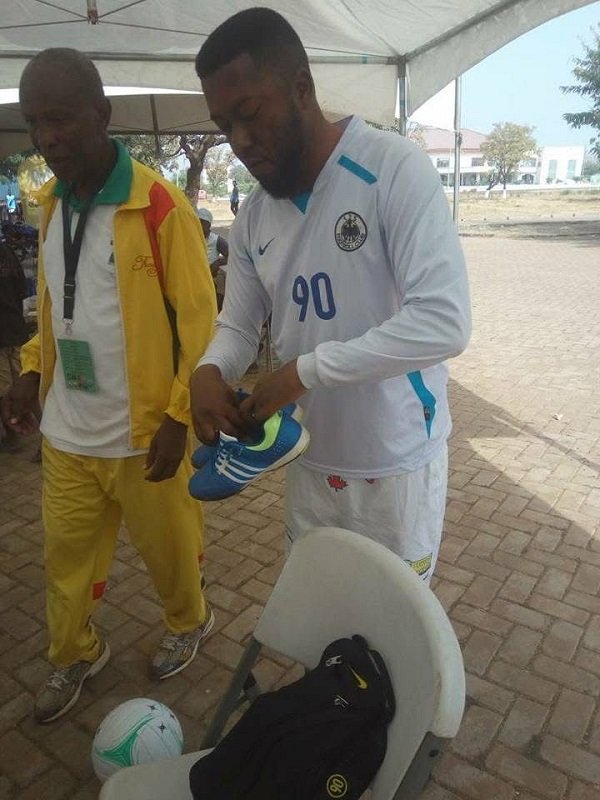
IN the annals of Ghana’s sporting history, certain individuals stand out not merely for participating in sport, but for transforming it.
Rev. Emmanuel D. Niikoi is one such figures. Revered as the father of modern netball in Ghana, is widely credited with rescuing the game from near extinction and transforming it into a vibrant, structured and nationally recognised sports discipline.
His journey reflects vision, resilience and an unwavering commitment to youth and sports development.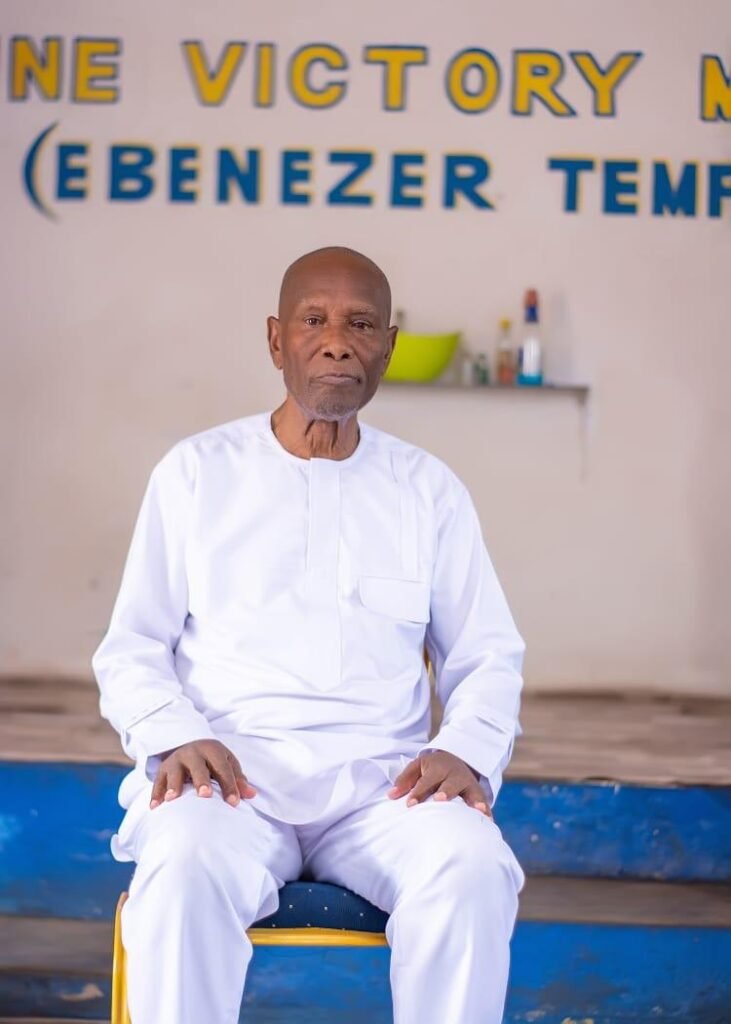
Netball was introduced to the then Gold Coast by Christian missionaries alongside formal education. By the 1960s and early 1970s, the sport had gained remarkable popularity in schools and colleges, ranking second only to football and, in some institutions, rivaling it in appeal.
However, during the 1974/75 academic year, the Ghana Education Service (GES) took a policy decision to step down netball in favour of basketball development. The decision dealt a severe blow to the sport.
Between 1975 and 1985, competitive netball virtually disappeared from Ghana’s sporting calendar.
That decision of the GES can be blamed for the current state of the sports that is producing heroines across the globe.
The revival of the game can be traced to 1985 during the Golden Jubilee celebration of the Ghana Broadcasting Corporation (GBC).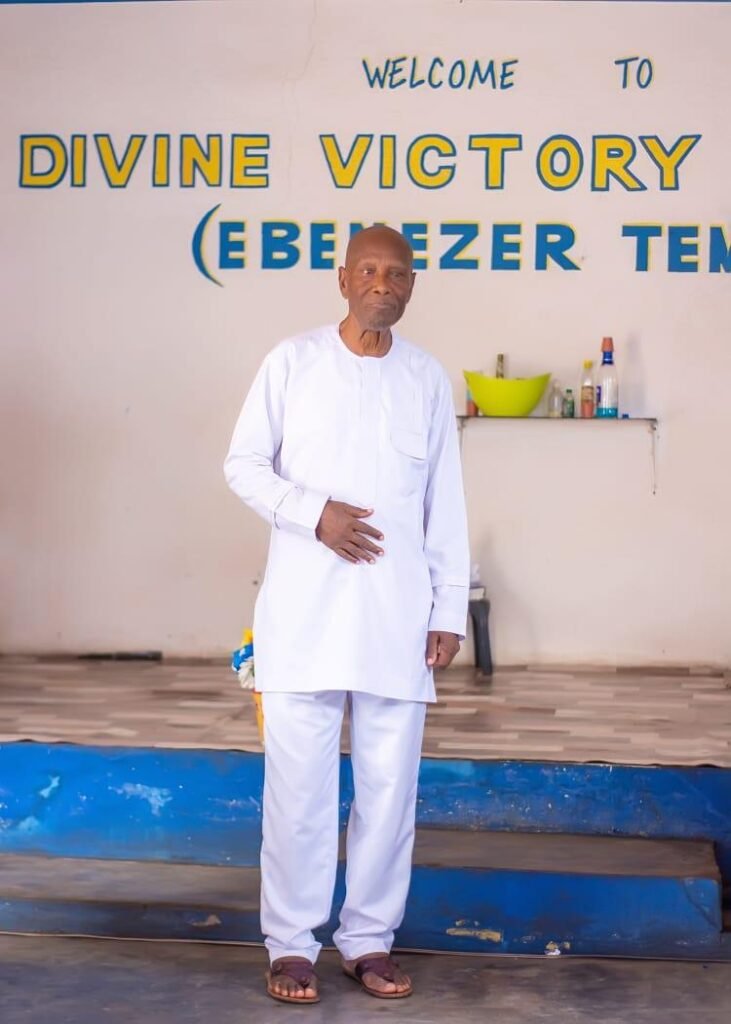
At the time, Rev. Niikoi was serving as Chief Editor (News) in the Radio Newsroom. Understanding both the historical importance and untapped potential of netball, he championed the inclusion of a netball tournament as part of the anniversary celebrations. The event reignited public interest and reminded many of the sport’s former glory.
Crucially, Rev. Niikoi did not allow the momentum to fade after the festivities. The GBC netball team formed for the tournament, aptly named “Golden Hands,” became the cornerstone of a national revival campaign.
With determination and personal sacrifice, he led tours across the country, using the team as a practical training platform.
He personally taught sports teachers under the GES the official rules of netball, reintroduced structured competition, and restored confidence in the sport’s viability.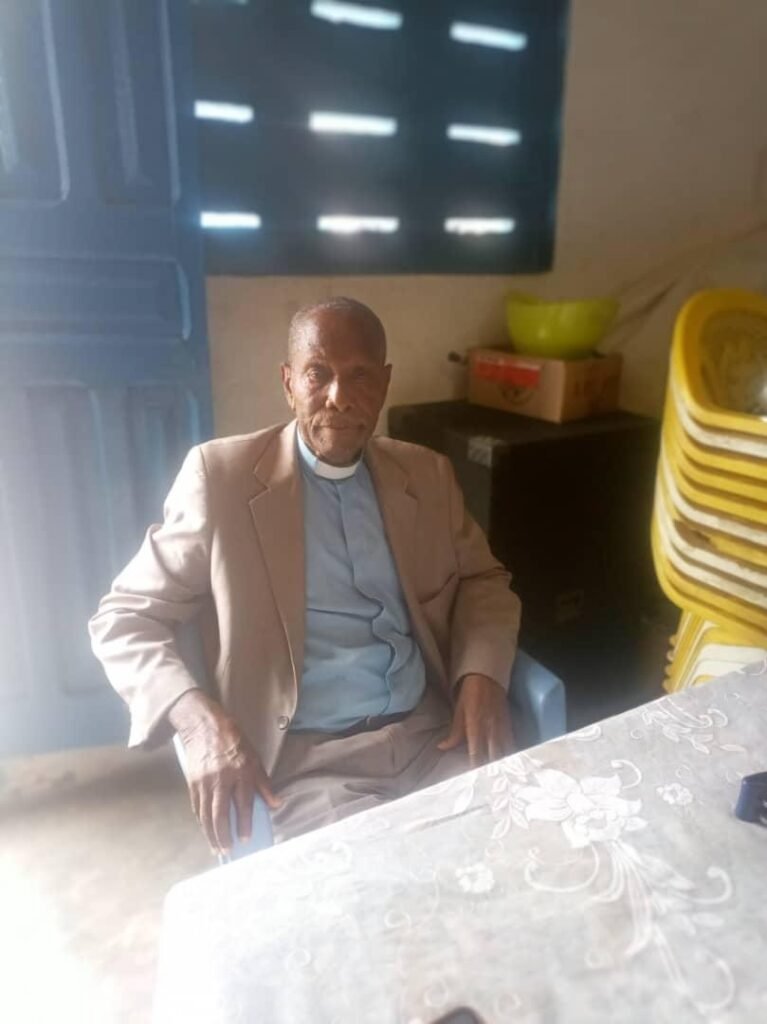
These efforts culminated with the formation of the Netball Association of Ghana in 1988, now known as the Netball Federation of Ghana.
In 1990, the association gained formal recognition from the National Sports Authorities, previously known as the National Sports Council (NSC), restoring netball’s status as an official sporting discipline.
This milestone marked the rebirth of organised netball in Ghana and cemented Rev. Niikoi’s place as founder of the national governing body.
Revival soon transitioned into consolidation. Over the years, Rev. Niikoi consistently lobbied educational and sports authorities to reintegrate netball into major school competitions.
His advocacy led to the sport’s reintroduction into the National Basic Schools Sports Festival, the Senior High and Technical Schools Sports Festival, the Colleges of Education games, and competitions under the Ghana University Sports Association (GUSA).
Today, netball is played across the entire educational structure in Ghana, from basic schools to public universities, a testament to his sustained and strategic efforts.
On the continental and global front, Ghana is a full member of World Netball and was a founding member of the Confederation of Africa Netball Associations (CANA), now Africa Netball.
In 2004, Ghana hosted the inaugural Africa Netball Cup of Nations in Accra and emerged champions after defeating Namibia in the final. The victory not only boosted Ghana’s sporting image but also validated years of groundwork.
In 2007, Rev. Niikoi was elected Director of Marketing and Media for CANA, serving a four-year term and contributing to the sport’s development across the continent.
In 2019, following governance reforms required by the International Olympic Committee to lift sanctions related to state interference in sports administration, national federations were mandated to adopt independent constitutions. Under this new framework, the Netball Federation of Ghana successfully drafted its constitution and conducted elections.
On June 19, 2019, Rev. Niikoi was elected the federation’s first President under the independent constitutional order which is symbolic and deserved recognition of decades of service.
Beyond netball administration, Rev. Niikoi also served two terms spanning eight years from March 2018 to March 2025 as an Executive Board Member of the Ghana Olympic Committee.
His presence on the board ensured that netball maintained visibility within Ghana’s broader Olympic movement.
A Bachelor of Arts graduate in Combined Honours (History and Law), Rev. Emmanuel D. Niikoi has trained numerous coaches and umpires nationwide, strengthening the sport’s technical foundation and ensuring sustainability.
His leadership style combines administrative discipline with grassroots engagement, making him both a strategist and a mentor.
From dormancy to dynamism, the resurgence of netball in Ghana bears his unmistakable imprint. Through advocacy, institution-building and capacity development, Rev. Niikoi has secured a lasting legacy.
Today, every netball match played in Ghana, whether at a basic school court or a university festival stands as living testimony to his vision and perseverance.
By Esinam Jemima Kuatsinu
Profile
Autism Awareness Care & Training: Pioneering autism care, inclusion in Ghana
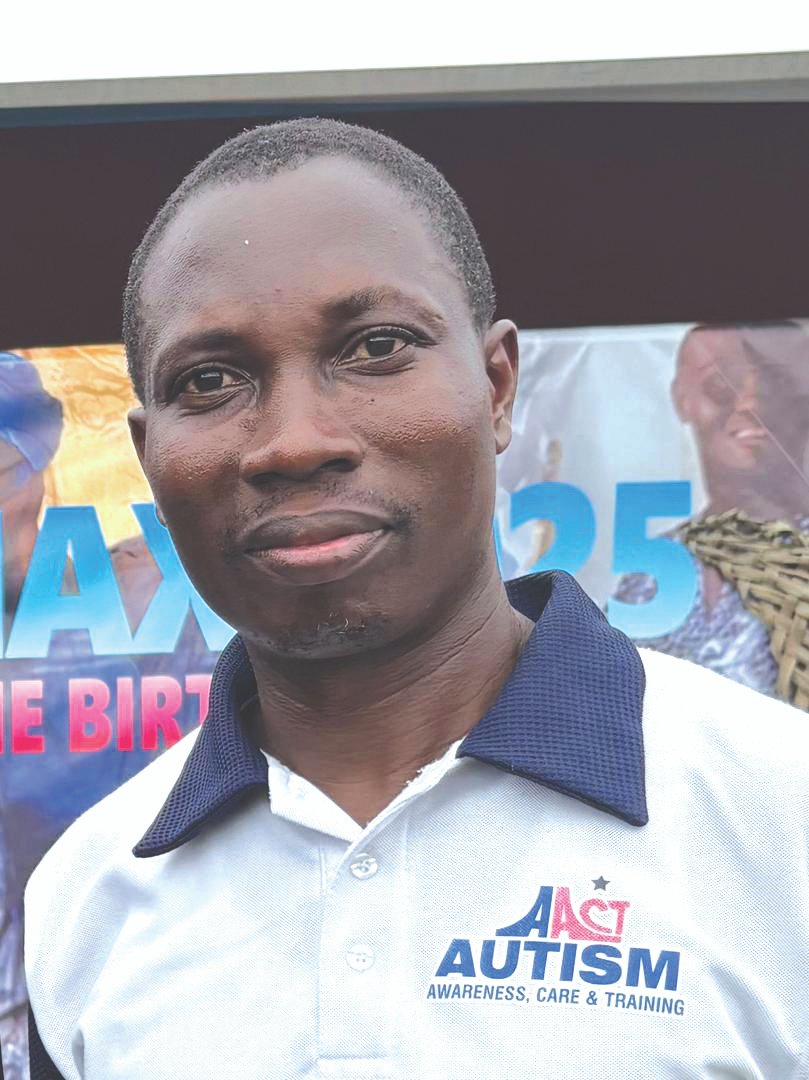
AUTISM Awareness Care and Training (AACT) is Ghana’s first autism-focused centre, playing a pioneering role in the care, education, and advocacy for children on the autism spectrum and their families.
Established in 1998, AACT began as a parent-support and training initiative at a time when autism was poorly understood in Ghana. Many families raising autistic children faced stigma, isolation, and limited access to information or professional assistance.
Over the years, the organisation has evolved into a full-fledged autism care and training centre, responding to the growing demand for specialised services and sustained nationwide awareness.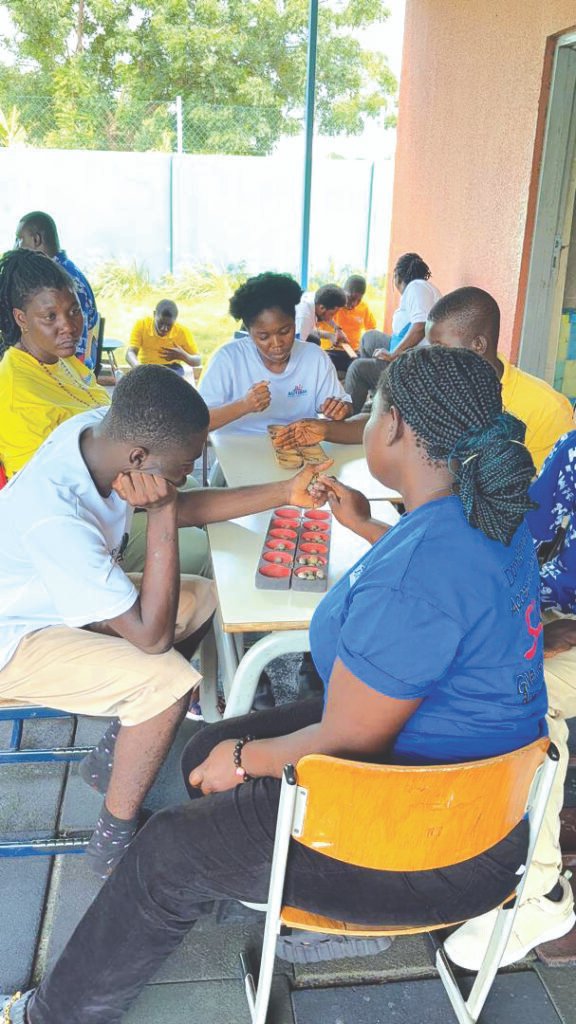
AACT is currently located in Haatso, Accra, where it operates a structured day programme serving about 25 learners daily. The centre provides a safe, inclusive, and supportive environment where children with autism are guided to develop essential life, social, and functional skills.
Programmes at the centre focus on independent living skills, vocational and pre-vocational training, functional academic skills, and therapeutic interventions. These activities are tailored to the individual needs of each learner, recognising that children on the autism spectrum learn and develop at different paces.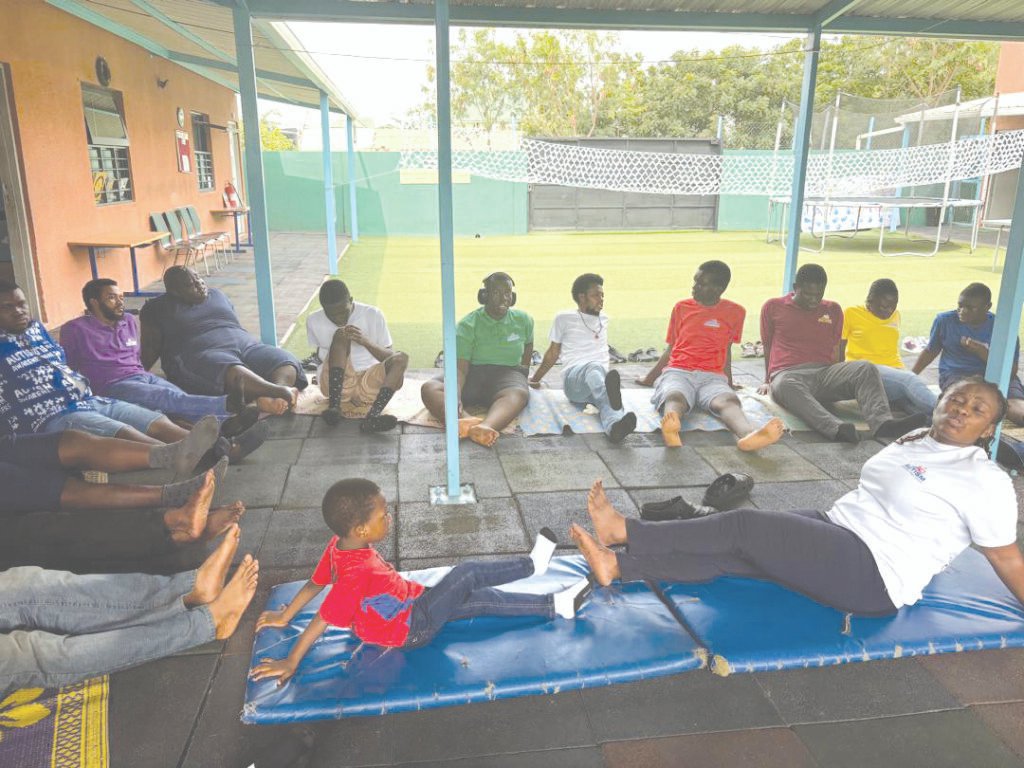
According to Abeiku Grant, Head of Programmes at AACT, the centre’s philosophy is centred on ability rather than limitation.
“Every autistic child is different,” he said. “Our work is to support them at their own pace and help them discover what they can do, not to focus on what they cannot do.”
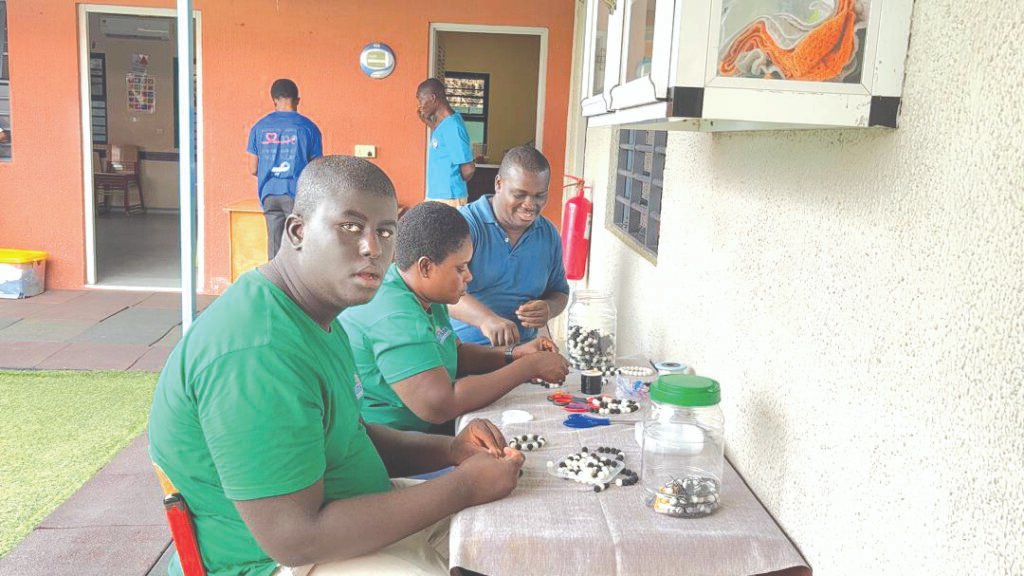
Beyond centre-based services, AACT places strong emphasis on autism awareness and advocacy, particularly within schools and communities. Many children with autism in Ghana continue to face rejection and exclusion due to stigma, misinformation, and the lack of trained personnel in educational institutions.
In 2025, AACT reached over 20 schools across the country, providing autism education to teachers, students, and school administrators.
The organisation also runs free teacher training programmes, equipping educators with practical knowledge and basic tools to support autistic learners in inclusive classroom settings.
“Many schools tell us they are not resourced or trained to handle autistic learners,” Mr Grant explained. “Instead of waiting for change, we decided to go to them and train teachers for free.”
AACT also engages learners directly, addressing widespread misconceptions about autism, including the false belief that autism is contagious or caused by bad parenting. These outreach programmes aim to build empathy among students and promote peer support for autistic learners in mainstream schools.
Another major challenge confronting families is limited access to autism services, especially outside Accra. With most autism centres concentrated in the capital, many families from other regions are forced to travel long distances or keep their children at home due to cost, stigma, or lack of support.
“Education is not meant only for typical children,” Mr Grant stressed. “Children with autism also have the right to education and care. No child should be hidden because of lack of understanding or opportunity.”
As part of its outreach work, AACT supports parents to overcome stigma and encourages social interaction for children with autism, believing that community engagement is essential for development and confidence building.
In December 2025, the centre received what it described as its largest donation of the year, raised by children from the Unmasked Mentoring initiative. According to the organisation, the donation was particularly significant as it demonstrated empathy and social responsibility among young people.
As a non-governmental, non-profit organisation, AACT depends largely on donations, partnerships, and goodwill to sustain and expand its work. Current needs include a minibus for community-based social activities, expansion of its facility to accommodate more learners, sponsorship support for children from financially challenged families, and funding to scale autism awareness programmes nationwide.
Looking ahead, AACT envisions a Ghanaian society that is inclusive, informed, and supportive of persons with autism.
“Our goal is a Ghana where children with autism are accepted and supported,” Mr Grant said. “Every child has potential. All they need is understanding, opportunity, and care.”
By Esinam Jemima Kuatsinu











